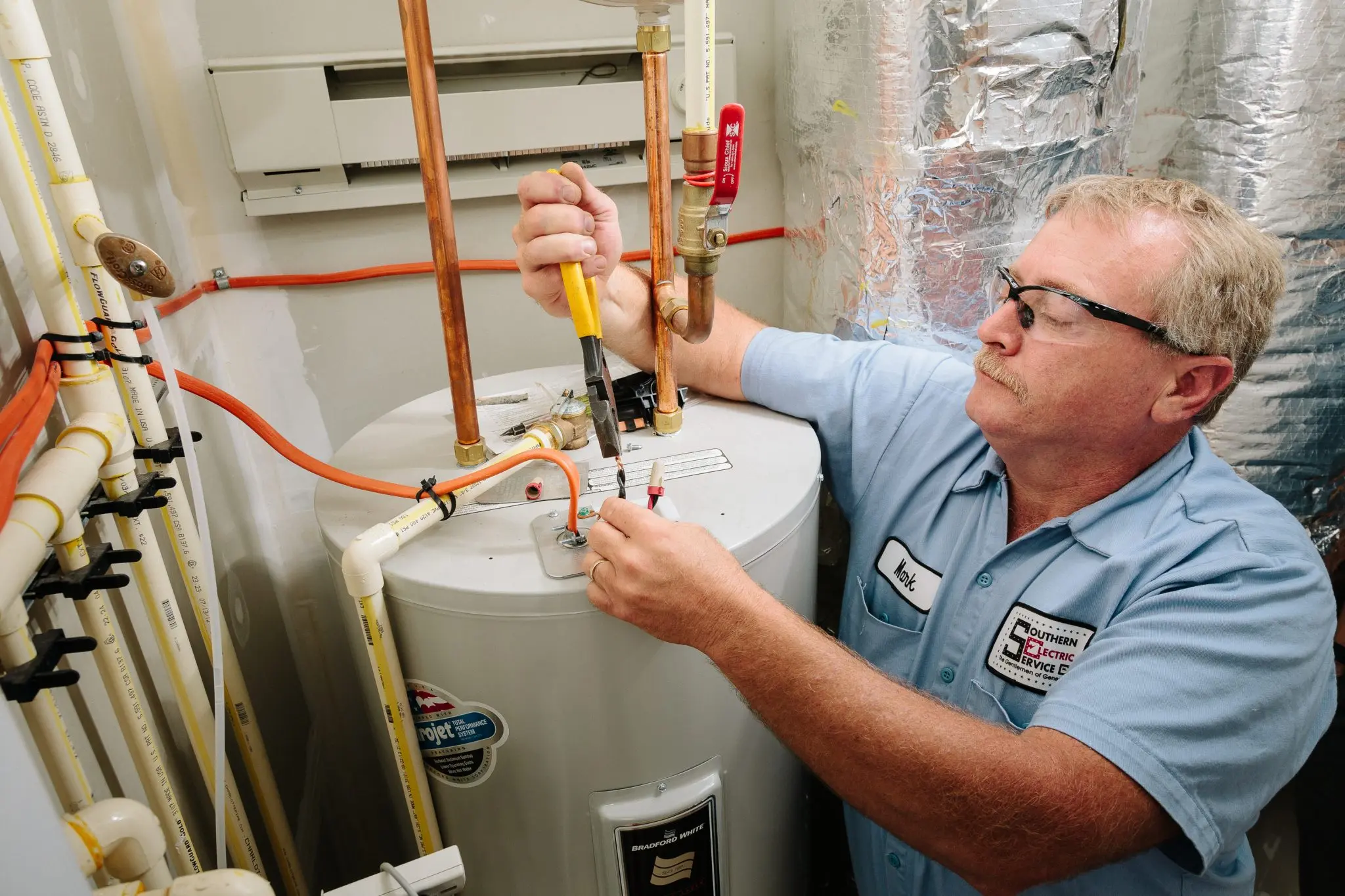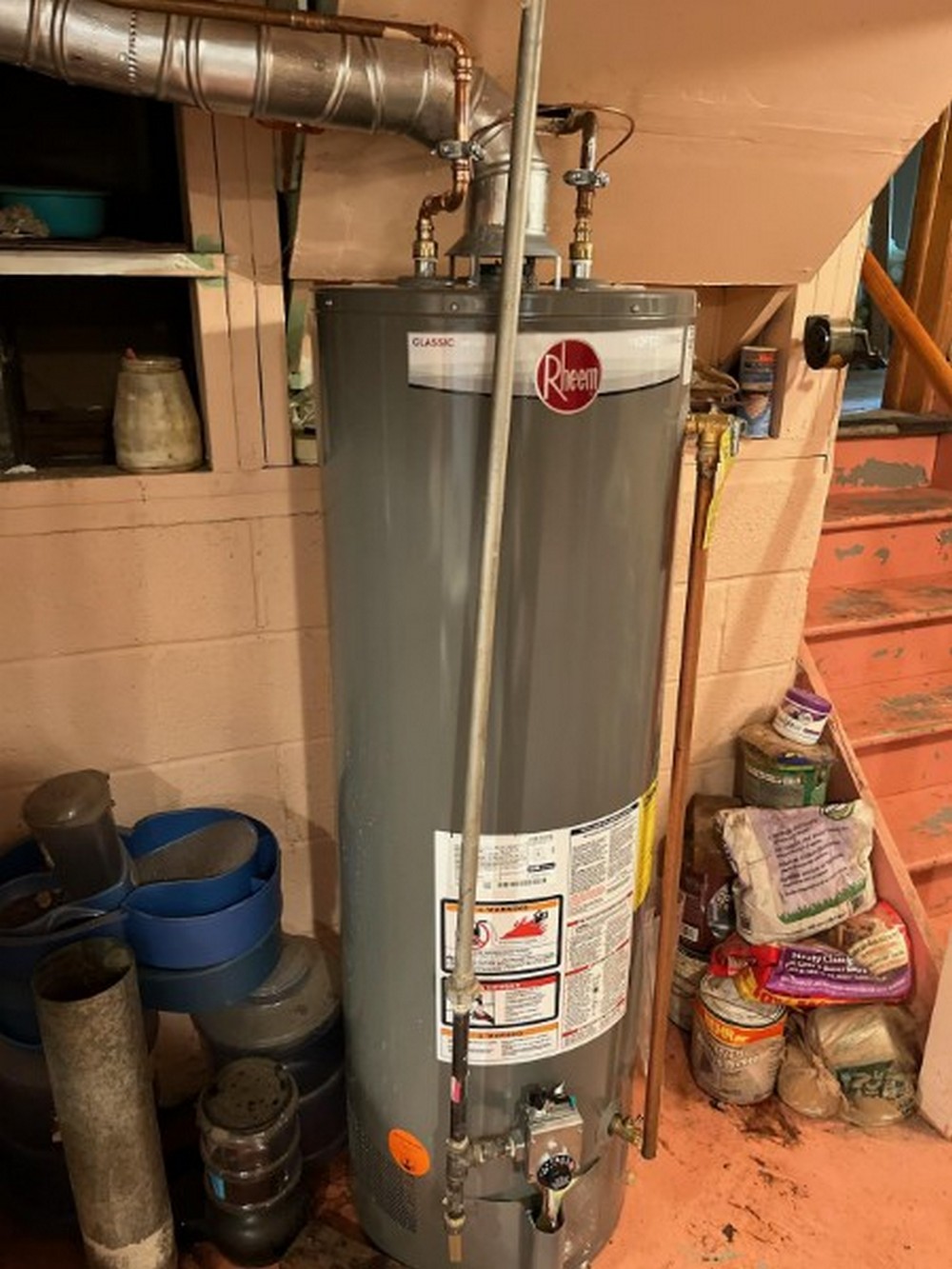Experienced Plumber Denton Offering Emergency Plumbing
Experienced Plumber Denton Offering Emergency Plumbing
Blog Article
Total Overview to Water Heating UnitSetup and Replacement
Understanding the complexities of water heating unit setup and substitute is essential for property owners looking for to make sure efficiency and dependability in their warm water supply. From selecting the suitable type and size to carrying out a smooth installment process, several elements need to be taken into consideration to stay clear of usual pitfalls. This guide will offer you with the needed actions and understandings to navigate the complexities of this home enhancement job, while also highlighting important upkeep techniques that can lengthen the life of your system. As you explore these aspects, you may locate on your own reassessing your existing arrangement and identifying locations for improvement.
Types of Water Heating Units
When taking into consideration hot water heater setup and replacement, it is important to comprehend the various kinds of hot water heater offered in the marketplace. The most common kinds include storage tank water heating systems, tankless hot water heater, heatpump water heating systems, and solar water heaters.
Storage tank water heating systems are conventional systems that save a certain quantity of hot water, making them easily available when needed. In comparison, tankless water heating systems offer warm water on demand, removing the need for storage space.
Heat pump water heating units utilize electrical energy to transfer warm from the air or ground to warmth water, providing substantial energy cost savings but calling for even more area and particular installment problems. Solar water heating systems harness solar energy to warm water, supplying an eco-friendly option with prospective long-lasting price financial savings, although they frequently need a backup system for gloomy days.
Comprehending these alternatives makes certain informed decisions concerning installment and substitute, dealing with specific needs and preferences.
Choosing the Right Size
Picking the ideal size for a hot water heater is critical to guarantee ideal efficiency and effectiveness. An unit that is as well small will certainly struggle to satisfy home demands, causing irregular hot water availability and increased energy intake. On the other hand, an oversized water heating system can lead to unnecessary power waste and higher energy bills.
To determine the ideal size, take into consideration the home's peak warm water usage. This can be computed based on the variety of residents and their common warm water requirements. As an example, a household of four may require a hot water heater with a capability of 50 to 80 gallons, depending on the use patterns, such as synchronised showers and washing.
Furthermore, evaluate the recovery price, which determines just how swiftly a heating unit can renew hot water after it has been made use of. For tankless versions, emphasis on the circulation rate, measured in gallons per min (GPM), to ensure it satisfies the home's synchronised demand.

Installation Refine Summary

Next, the old device needs to be disconnected and gotten rid of, taking treatment to comply with local codes and guidelines relating to disposal. Once the old device is out, the brand-new water heating system can be positioned in place. This step entails linking the supply of water lines, ensuring that all installations are safe and secure and leak-free.
After establishing water connections, it's important to connect the power supply, whether electrical or gas, adhering to official statement the maker's guidelines diligently. As soon as all links are made, the system must be loaded with water, and the power can be turned back on. Finally, it is essential to examine for leakages and ensure the hot water heater is operating correctly before finishing the installment process.
Common Setup Errors

Another constant mistake is ignoring to adhere to regional codes and regulations. Stopping working to stick to these standards can not just lead to safety threats but might likewise result in pricey fines or the requirement for pricey reinstallation.
Falling short to protect links or using the wrong kind of installations can lead to leaks and water damage. By staying clear of these usual installment blunders, property owners can guarantee their water heating system operates securely and effectively, making best use of performance and longevity.
Maintenance Tips for Durability
Appropriate upkeep of a hot water heater is necessary for its long life and optimal performance. Regular assessments and servicing can prevent costly repairs and expand the appliance's life expectancy. Begin by inspecting the temperature level setup; it needs to commonly be established between 120 ° F and 140 ° F for ideal energy efficiency and security.
Every 6 months, flush the container to remove sediment build-up, which can impair heating effectiveness and cause rust. To do this, shut off the heating unit, link a hose pipe to the drain shutoff, and let the water run until it is clear.
Anode poles must be inspected every year and changed when they are rusted. These rods assist protect against tank rust by bring in harsh elements in the water.
Furthermore, examine the stress safety valve routinely to guarantee it is operating correctly. This valve is essential for avoiding too much pressure accumulation within the container.
Lastly, consider arranging a professional upkeep check every couple of years for complete important site inspections and servicing. By adhering to these maintenance ideas, home owners can considerably improve the efficiency, safety and security, and lifespan of their water heating image source systems, guaranteeing dependable warm water for several years to come.
Verdict
In verdict, proper installment and upkeep of water heating systems are vital for guaranteeing performance and long life. By understanding these essential aspects, property owners can attain a trustworthy hot water supply while minimizing prospective issues connected to water heater operation.
Comprehending the ins and outs of water heater setup and replacement is vital for homeowners seeking to make certain efficiency and integrity in their hot water supply.Storage tank water heating systems are conventional systems that save a particular quantity of hot water, making them easily offered when needed. In comparison, tankless water heaters provide hot water on need, removing the need for storage space. Picking a water heater that is either as well little or also large can lead to ineffectiveness, resulting in poor warm water supply or excessive power intake.
By understanding these vital facets, homeowners can accomplish a reliable hot water supply while lessening possible issues associated to water heating system operation. gas leak repair.
Report this page